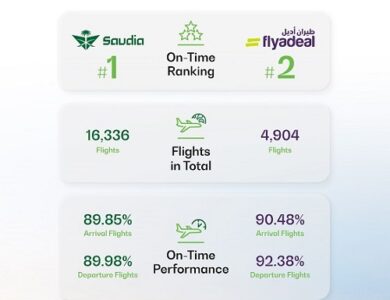Reserve Bank Bulletin Flags Inflation Risks Amid Global Uncertainty
The Reserve Bank’s April Bulletin highlighted the potential risk to inflation from extreme weather conditions and ongoing geopolitical tensions affecting crude oil prices. Retail inflation, as measured by the Consumer Price Index (CPI), eased to 4.9% in March, down from an average of 5.1% in the previous two months. Despite this, the Reserve Bank has maintained its key interest rate at 6.5% since February 2023 due to concerns about inflation.
The bulletin noted that global economic growth has remained steady in the first quarter of 2024, with a positive outlook for world trade. Treasury yields and mortgage rates in major economies are rising as expectations of interest rate cuts diminish. In India, conditions are conducive to continued growth in real GDP, supported by strong investment demand and optimistic business and consumer sentiments.
However, it’s important to note that the views expressed in the Bulletin article are those of the authors and may not necessarily reflect the views of the Reserve Bank of India.
According to data released in the bulletin, the RBI bought $8.56 billion on a net basis in the spot foreign exchange market in February, without selling any dollars. This follows a net purchase of $1.95 billion in January. The Indian rupee appreciated by 0.2% against the dollar in February, trading in a range of 82.8225 to 83.1150. The RBI’s net outstanding forward purchase was $9.69 billion as of end-February, slightly lower than the previous month’s figure of $9.97 billion. The central bank intervenes in both the spot and forwards market to stabilize exchange rate volatility.
The domestic currency closed at 83.3425 against the dollar on Tuesday, recovering from a record low of 83.5750 reached the previous week.






